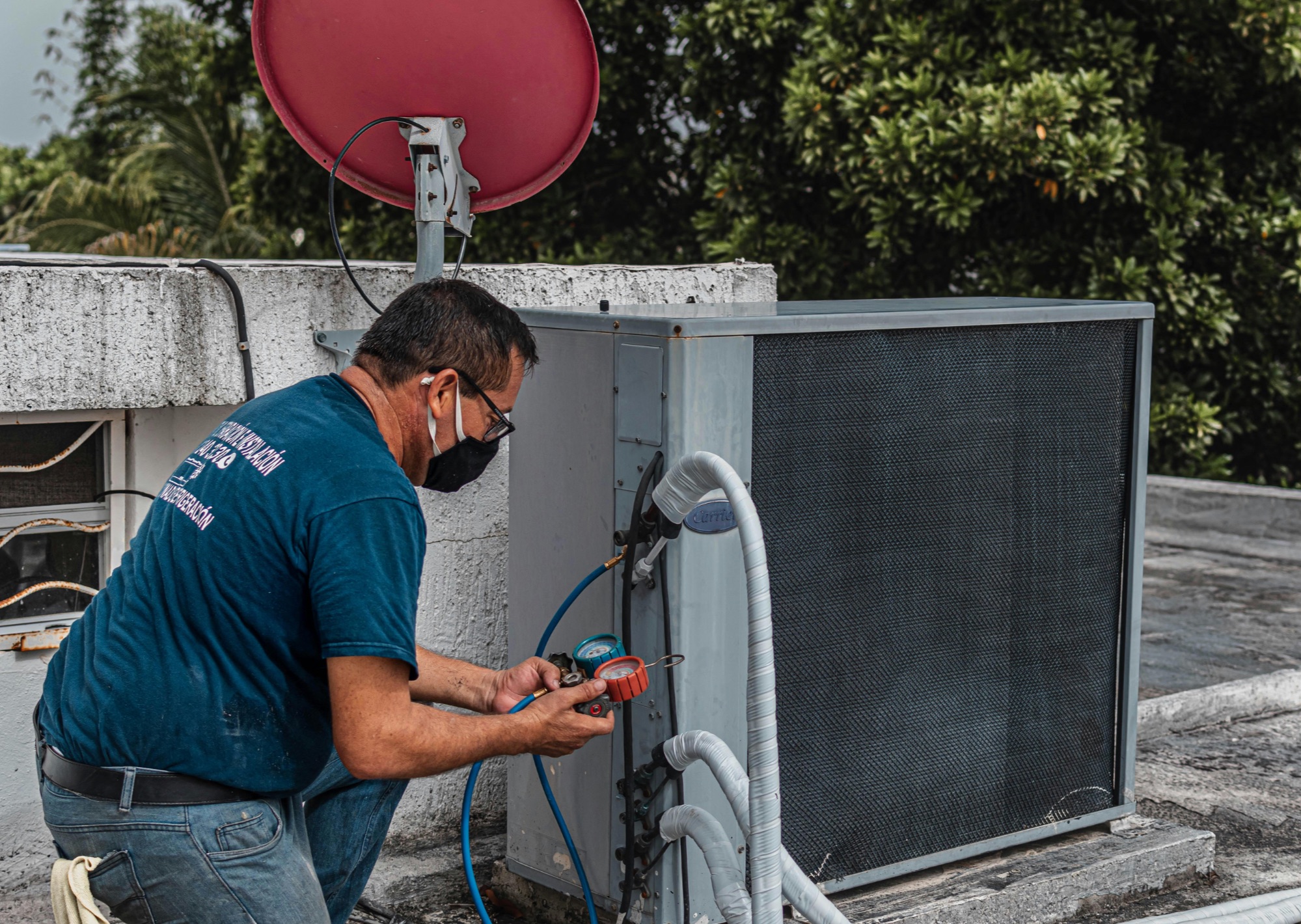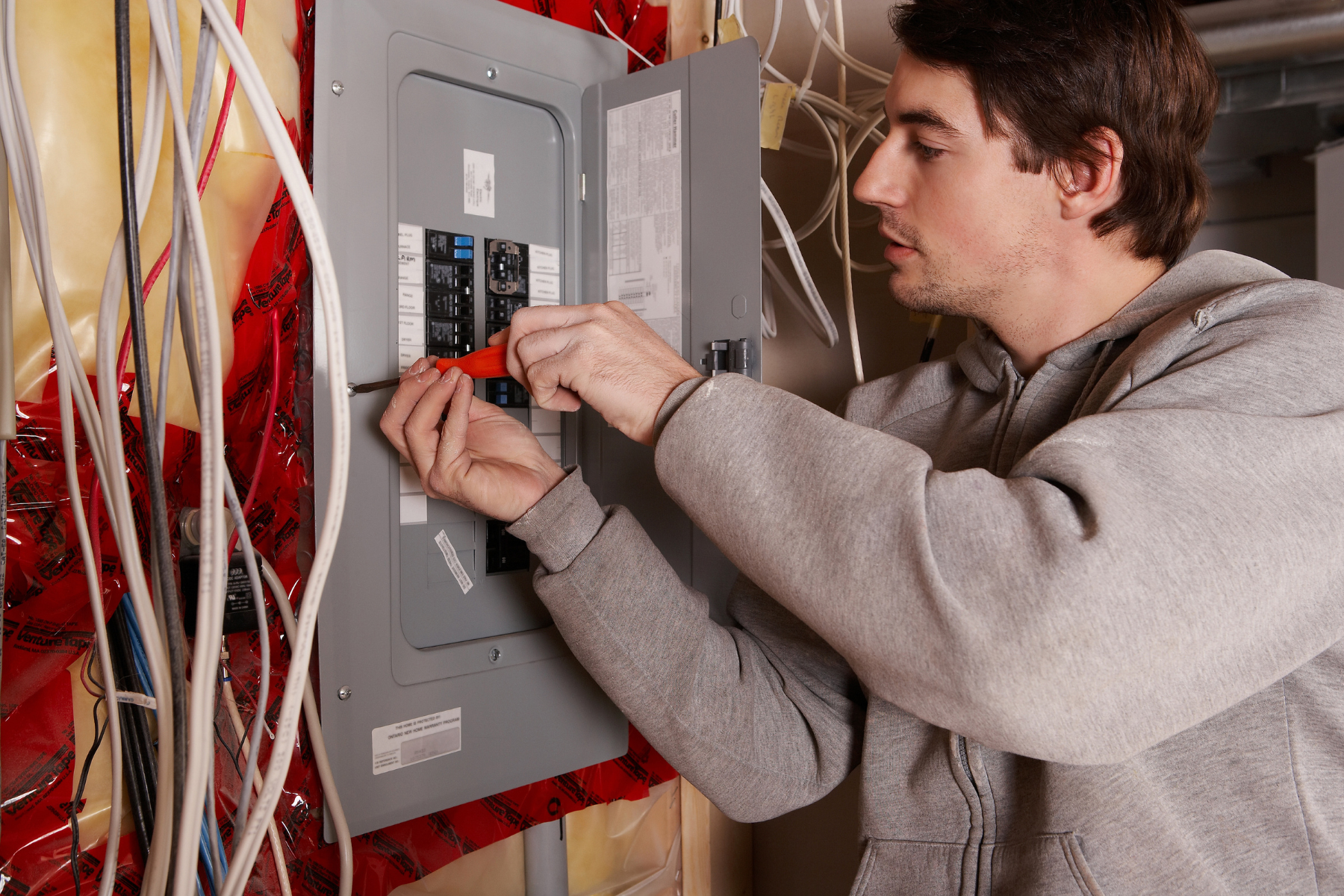Blog > What to Expect During a Home Inspection When Buying or Selling a Home

What to Expect During a Home Inspection When Buying or Selling a Home
A home inspection is a crucial step in the home-buying and selling process. For buyers, it ensures that their investment is sound, while for sellers, it can impact final negotiations. Understanding what inspectors look for and the possible outcomes can help both parties navigate this step with confidence.
The Big Four in a Home Inspection

-
Mechanical Issues
Inspectors evaluate major systems like HVAC, plumbing, and electrical components. They check for leaks, outdated wiring, malfunctioning appliances, and inefficient heating or cooling units that may require repairs.
-
Structural Issues
The foundation, roof, walls, and framing are closely examined for cracks, sagging, or water damage. Any signs of shifting or deterioration could be red flags for buyers. -
Safety Concerns
Inspectors assess potential hazards such as faulty smoke detectors, radon exposure, carbon monoxide leaks, and outdated electrical panels. Ensuring these issues are addressed beforehand can help avoid buyer concerns.
-
Environmental Issues
Mold, asbestos, lead-based paint, and pest infestations are environmental concerns that could affect the home’s value and livability. Addressing these issues in advance can prevent last-minute renegotiations.
What Home Buyers Should Know
-
Review the Report Carefully: A home inspection report will outline all findings, both major and minor.
-
Negotiate Repairs or Credits: Buyers can request repairs or a price reduction based on inspection results.
-
Consider the Costs: Some issues, like minor cosmetic flaws, are expected, while larger issues may require serious negotiation.
-
Know When to Walk Away: If the inspection reveals major structural or environmental hazards, buyers should evaluate whether the home is still a good investment.
What Home Sellers Should Know
-
Be Prepared for Repairs: Addressing major issues before listing can prevent renegotiations.
-
Expect Buyer Requests: Buyers may ask for repairs or financial concessions to offset necessary fixes.
-
Provide Maintenance Records: Showing proof of regular upkeep can reassure buyers.
-
Understand Your Options: Sellers can agree to repairs, negotiate costs, or stand firm if they believe the home is fairly priced.
Possible Outcomes After an Inspection
-
Smooth Closing – If no major issues arise, the sale moves forward as planned.
-
Negotiations Begin – Buyers may request repairs, a price reduction, or seller concessions.
-
Deal Falls Through – If major issues are found and an agreement isn’t reached, buyers may walk away.
A home inspection doesn’t have to be a stressful experience. By preparing in advance and understanding the process, both buyers and sellers can ensure a smoother transaction and a fair outcome for all parties involved.

